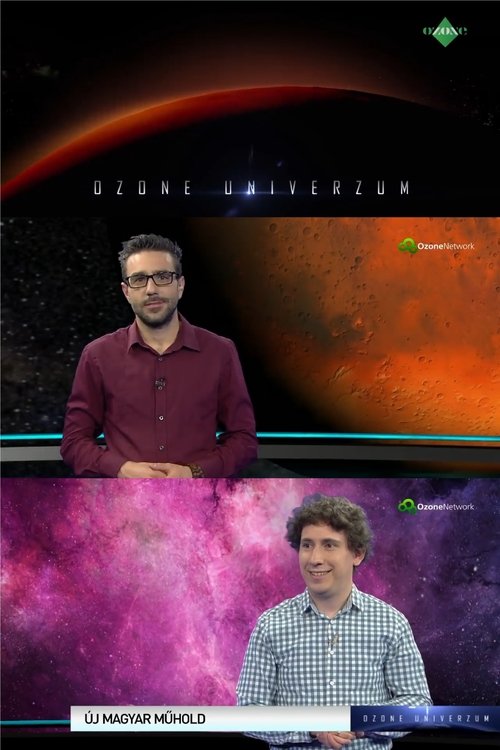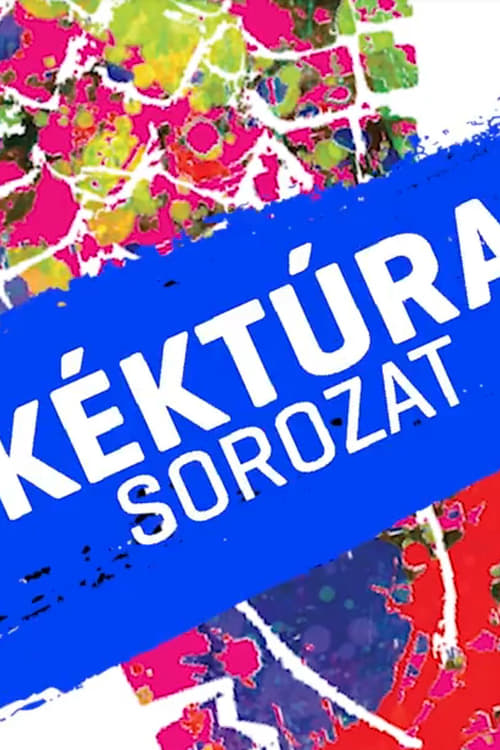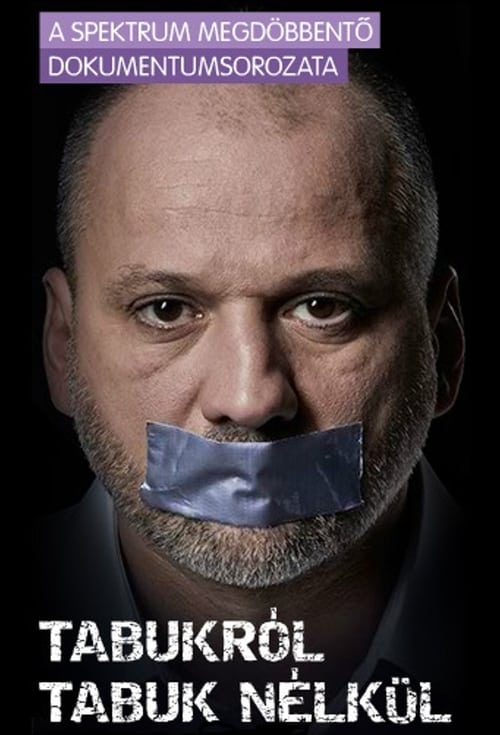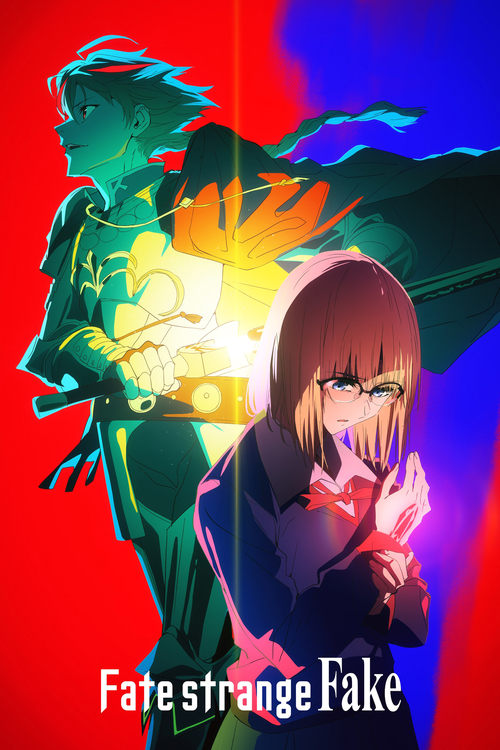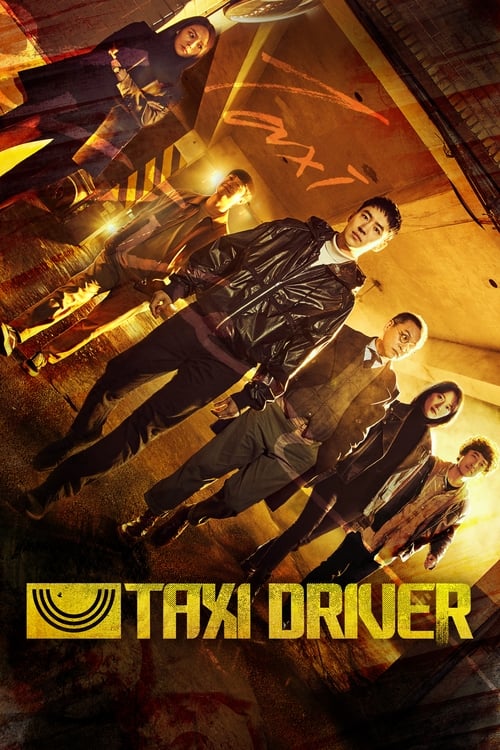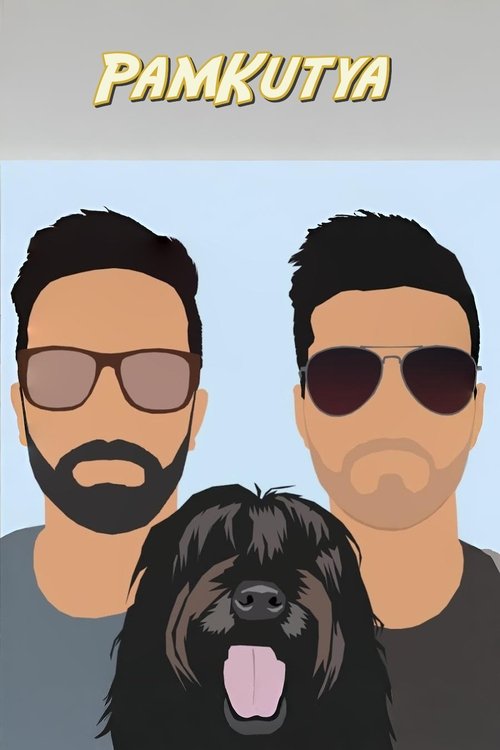
Ask Your Own Question
What is the plot?
In the opening scene of "Bűnösök kora," we are introduced to a young woman named Anna, who is seen walking through a bustling city. She appears anxious and is frequently checking her phone. The atmosphere is tense, and the audience can sense that something is troubling her. As she navigates through the crowd, she receives a message that prompts her to hurry to a specific location.
The scene shifts to a dark alley where Anna meets a man named Gábor. Their conversation reveals that Anna is in a precarious situation, and Gábor is trying to convince her to take a risk that could change her life. He offers her a way out of her current troubles, but Anna hesitates, torn between fear and the desire for freedom. The tension escalates as Gábor pressures her, and ultimately, Anna makes the decision to trust him, agreeing to follow his plan.
The narrative then transitions to a police station where Detective Károly is introduced. He is portrayed as a dedicated officer, deeply invested in his work. Károly receives a call about a recent crime scene, and his demeanor shifts to one of urgency. He gathers his team and heads to the location, where they find a body. The victim is a young woman, and the scene is gruesome, filled with evidence that suggests foul play. Károly's determination to solve the case is palpable as he begins to piece together the clues.
Back with Anna, she and Gábor are seen in a car, driving away from the city. Anna is visibly shaken, and Gábor tries to reassure her, but his own anxiety is evident. They discuss their plans, and Gábor reveals that they need to lay low for a while. Anna expresses her doubts about their choices, but Gábor insists that they are doing what is necessary for their survival. The tension between them builds as Anna questions Gábor's motives, leading to a heated argument.
The story then cuts back to Károly and his team, who are investigating the victim's background. They discover that she had connections to a dangerous criminal organization. Károly's investigation leads him to a series of interviews with the victim's friends and family, each revealing more about her troubled life. The emotional weight of the interviews affects Károly, who becomes more determined to bring justice to the victim.
As the investigation progresses, Károly uncovers a link between the victim and Anna. He learns that Anna was seen with the victim shortly before her death. This revelation prompts Károly to shift his focus to Anna, believing she may hold crucial information about the case. The audience feels the mounting pressure on Anna as she becomes aware that she is now a person of interest.
In a pivotal scene, Anna and Gábor are hiding out in a remote cabin. The atmosphere is tense as they discuss their next steps. Gábor reveals his plan to confront the criminal organization that is after them, believing that this will secure their safety. Anna is terrified by the idea, fearing for their lives. Gábor's determination clashes with Anna's fear, leading to a dramatic confrontation where Anna ultimately decides to stand by Gábor, despite her reservations.
The narrative shifts back to Károly, who is now actively searching for Anna. He interviews more witnesses and pieces together the timeline of events leading up to the murder. Károly's frustration grows as he realizes that Anna is missing, and he fears that she may be in danger. His internal struggle is evident as he grapples with the ethical implications of his investigation and his growing concern for Anna's safety.
In a climactic sequence, Gábor and Anna confront members of the criminal organization in a tense standoff. The scene is filled with suspense as they negotiate their safety. Gábor's bravado is tested as the criminals threaten them, and Anna's fear reaches a peak. Just as it seems all hope is lost, Károly arrives on the scene, having tracked Anna down. A chaotic confrontation ensues, with gunfire and shouting as Károly attempts to protect Anna and apprehend the criminals.
The final moments of the series see Károly successfully arresting the criminals, but not without consequences. Anna is left shaken and traumatized by the events, and Gábor's fate remains uncertain as he is taken into custody. Károly reflects on the case, feeling a mix of relief and sorrow for the lives affected by the violence. The story concludes with Anna looking out over the city, contemplating her future and the choices that led her to this moment, leaving the audience with a sense of unresolved tension and emotional depth.
More TV Shows Like This
Browse All TV Shows →
What is the ending?
In the ending of "Bűnösök kora," the main characters face the consequences of their actions throughout the series. The story culminates in a tense confrontation that reveals deep-seated motivations and the impact of their choices. The resolution leaves the characters changed, with some facing justice while others grapple with their moral dilemmas.
As the final episodes unfold, we see the aftermath of the investigation into the crimes that have haunted the characters. The tension is palpable as the protagonist, a dedicated investigator, pieces together the clues that have eluded him. He confronts the main antagonist, leading to a dramatic showdown that tests their resolve and beliefs.
In the climax, the investigator's relentless pursuit of the truth leads him to a critical moment where he must decide between personal vengeance and upholding the law. This internal struggle is mirrored in the antagonist, who faces the reality of their actions and the pain they have caused. The emotional weight of their choices hangs heavy in the air, as both characters confront their pasts.
The series concludes with a sense of closure for some characters, while others are left to deal with the repercussions of their decisions. The investigator finds a bittersweet resolution, having brought justice to light but at a personal cost. The antagonist, on the other hand, faces the consequences of their actions, leading to a poignant reflection on the nature of guilt and redemption.
In the final scenes, we witness the investigator walking away from the chaos, a mix of relief and sorrow etched on his face. The camera lingers on the aftermath, emphasizing the emotional toll of the journey. The fate of each character serves as a reminder of the complexities of human nature and the enduring impact of their choices.
As the final episodes of "Bűnösök kora" unfold, the atmosphere is thick with tension and anticipation. The investigator, a man driven by a deep sense of justice, is seen poring over evidence in a dimly lit office. The walls are adorned with photographs and notes, a testament to the long and arduous journey he has undertaken. His brow furrows as he connects the dots, each piece of evidence bringing him closer to the truth.
Scene breaks to a darkened alley where the antagonist, a figure shrouded in mystery and regret, paces nervously. The weight of their actions hangs heavily on their shoulders, and the internal conflict is palpable. They are haunted by memories of the past, flashes of moments that led them down a dark path. The camera captures the flicker of doubt in their eyes, a stark contrast to the bravado they once displayed.
The investigator finally tracks down the antagonist, leading to a tense confrontation in an abandoned warehouse. The air is thick with unspoken words as they face each other, the investigator's determination clashing with the antagonist's desperation. The dialogue is sharp, filled with accusations and revelations. The investigator demands answers, his voice steady but laced with emotion, while the antagonist struggles to justify their actions, their facade crumbling under the weight of guilt.
As the confrontation escalates, the stakes rise. The investigator grapples with his desire for vengeance, torn between his duty and the personal pain inflicted by the antagonist. The scene is charged with raw emotion, the camera capturing every nuance of their expressions. The antagonist, cornered and vulnerable, reveals the motivations behind their choices, offering a glimpse into their troubled psyche.
In a climactic moment, the investigator must make a choice: to uphold the law or to succumb to the darkness that has consumed the antagonist. The tension reaches a boiling point, and the decision hangs in the air like a fragile thread. The scene is punctuated by silence, the weight of the moment palpable as both characters stand on the precipice of their fates.
Ultimately, the investigator chooses justice, leading to a resolution that brings closure to the narrative. The antagonist is apprehended, their fate sealed as they are led away in handcuffs, a look of resignation on their face. The camera lingers on the investigator, who watches with a mix of relief and sorrow. The emotional toll of the journey is evident in his weary expression, a man forever changed by the events that have unfolded.
In the final scenes, the investigator walks away from the chaos, the city skyline looming in the background. The weight of his choices hangs heavy, but there is a sense of purpose in his stride. The series closes with a poignant reminder of the complexities of human nature, leaving viewers to reflect on the moral dilemmas faced by each character. The fate of the antagonist serves as a cautionary tale, while the investigator's journey underscores the enduring struggle for justice in a world fraught with darkness.
Is there a post-credit scene?
"Bűnösök kora," the 2018 Hungarian crime drama series, does not feature a post-credit scene. The show concludes its episodes without additional scenes after the credits, focusing instead on the narrative and character development throughout the main storyline. Each episode wraps up its plot threads, leaving viewers with a sense of closure regarding the events that transpired, rather than teasing future developments or providing extra content in a post-credit format.
What motivates the main character, Károly, throughout the series?
Károly, a dedicated police officer, is driven by a deep sense of justice and a personal quest for redemption. His past mistakes haunt him, particularly the unresolved case of his brother's death, which fuels his determination to solve the current crimes. As he navigates the complexities of the investigation, his emotional turmoil and guilt often surface, influencing his decisions and interactions with others.
How does the relationship between Károly and his partner, Zsófia, evolve during the series?
Initially, Károly and Zsófia have a professional but somewhat strained relationship, marked by Károly's reluctance to open up about his past. As they work together on the case, Zsófia's empathy and understanding begin to break down Károly's emotional barriers. Their partnership deepens, leading to moments of vulnerability where they share personal stories, ultimately fostering a bond built on trust and mutual respect.
What role does the character of the antagonist play in Károly's journey?
The antagonist serves as a dark mirror to Károly, embodying the chaos and moral ambiguity that Károly struggles against. This character's actions force Károly to confront his own demons and question his methods of seeking justice. The cat-and-mouse dynamic between them heightens the tension, pushing Károly to his limits both professionally and personally, as he grapples with the implications of his pursuit.
How does the setting of the series influence the characters' actions and decisions?
The gritty urban landscape of the city serves as a backdrop that reflects the characters' internal struggles. The dark alleys and abandoned buildings symbolize the decay of morality and the weight of unresolved issues. This environment impacts Károly's psyche, as he often feels trapped by his surroundings, mirroring his emotional state. The setting also plays a crucial role in the investigation, with each location revealing clues that propel the narrative forward.
What are the key turning points in the investigation that affect Károly's character development?
Several key turning points shape Károly's character throughout the investigation. The discovery of a crucial piece of evidence linked to his brother's case forces him to confront his past, leading to a moment of reckoning. Additionally, a betrayal from someone he trusted shakes his faith in his instincts and judgment. These moments of crisis not only advance the plot but also catalyze Károly's transformation, pushing him towards a more nuanced understanding of justice.
Is this family friendly?
"Bűnösök kora," produced in 2018, is a crime drama that delves into serious themes and complex narratives. While it offers a gripping storyline, it may not be considered family-friendly due to several potentially objectionable or upsetting aspects:
-
Violence: The show contains scenes of crime and violence, including physical confrontations and the aftermath of violent acts, which may be distressing for younger viewers.
-
Murder and Death: The central plot revolves around criminal activities, including murder, which is depicted in a realistic manner that could be unsettling.
-
Emotional Trauma: Characters often experience intense emotional turmoil, including grief, anger, and despair, which may resonate deeply and be difficult for sensitive viewers to process.
-
Dark Themes: The narrative explores themes of guilt, betrayal, and moral ambiguity, which can be heavy and thought-provoking, potentially leading to discomfort.
-
Substance Abuse: There are references to drug use and addiction, which may not be suitable for younger audiences.
-
Psychological Tension: The show builds a sense of dread and suspense that could be frightening for children or those sensitive to psychological horror.
Overall, the series is intended for a mature audience and may not be appropriate for children or those who are easily upset by intense subject matter.



